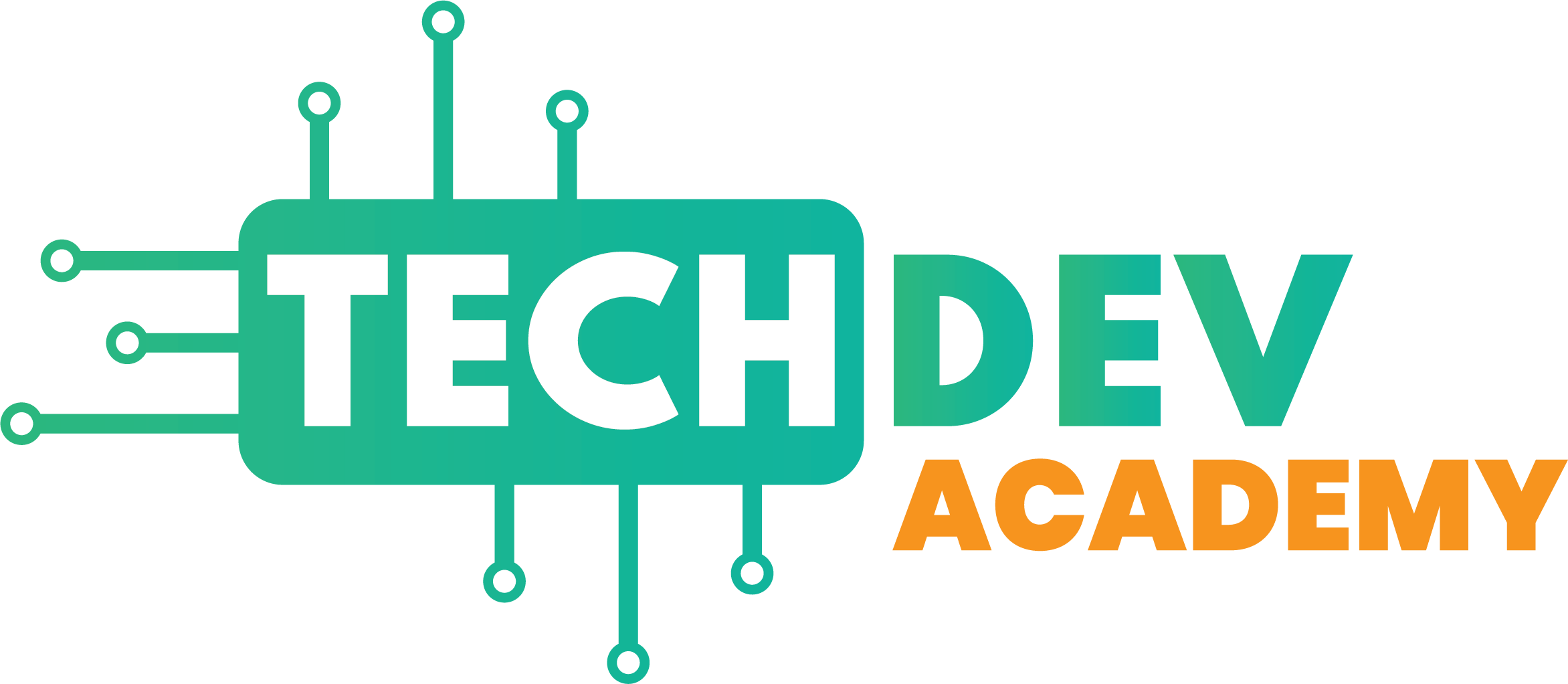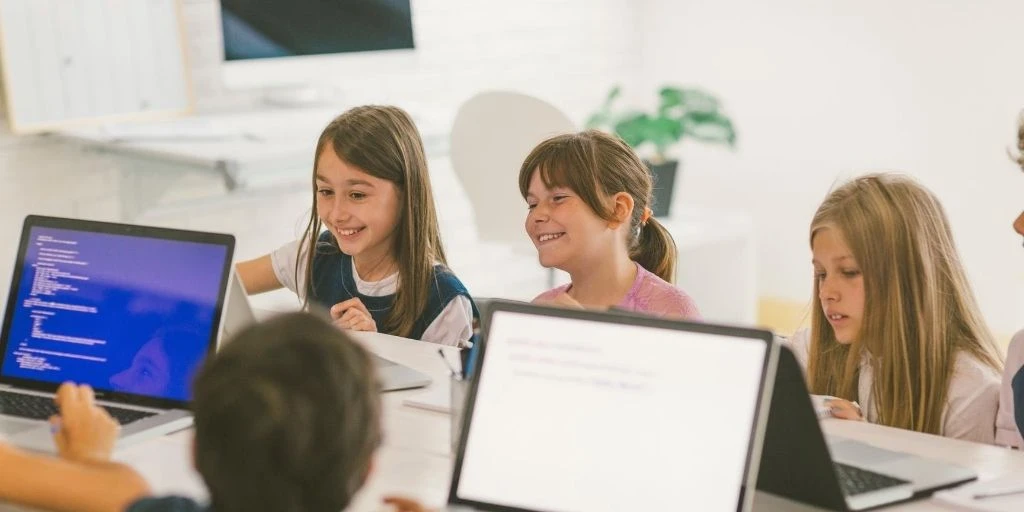As COVID-19 continues to rage, the new academic year has kicked off, albeit with a chaotic start. While schools in some parts of the country have opened to start in-person learning, others have decided in favor of online learning based on what the state directives are. During school closures in summer due to the coronavirus pandemic, a significant rise was observed in kids using online coding programs. Be it Scratch – a free program by the MIT (Massachusetts Institute of Technology) that teaches coding to kids aged 8-16, ScratchJr that’s ideal for younger kids aged 5-7 years, UK-based Raspberry Pi’s Code Club, or any other coding program, your kids have perhaps become engrossed in the learning process while creating their own interactive stories, animations, websites, and games. However, as schools are about to start functioning, as usual, you – as a parent, may be worried about how to balance your kids’ school work and coding journey. Here are five tips that can help:
1. Teach the importance of both: Be patient, creative, and a bit humorous when making your kid know the importance of both schoolwork and coding. You can emphasize that schoolwork is important for the overall development and even analytical thinking, which would help your kid in his/her coding journey. You can use examples of smart homes, smart cities, smart cars, etc. to talk about how coding makes them work and focus on why coding is necessary for making technology move forward. Once your kid realizes how both are important, he/she won’t sacrifice one in favor of the other. This means his/her tendency to neglect school work to stay immersed in coding or focusing only on school work and neglecting all that he/she has learned about coding all summer would be brought down to the minimum.
2. Check if the school already has a coding program: Some schools could already be using programs like Code with Google or encouraging students to use ScratchJr or Scratch, CodeMonkey, or Code.org. In such cases, your kid would need a lot less nudge from you to continue his/her coding journey. However, if your kid goes to a school that doesn’t have such programs or where teachers lack adequate resources to help their students’ coding journey, you’ll have to do the heavy lifting – from finding the most suitable online course/platform and resources to getting your child started with it and tracking the progress while offering encouragement and help in any form that you can.
3. Introduce the concept of time management: Introduce your kid to the concept of time management and help him/her build a block schedule so that he/she can balance schoolwork with coding. Make your kid understand why time management is a crucial skill to learn as it would help him/her concentrate all efforts on what’s most important. As your kid tries to manage his/her time, be there as a guide to teach how to prioritize work, plan a daily schedule, and prepare a weekly to-do list. Additionally, teach how to break bigger tasks into smaller components like learning a story (the bigger task) by setting small goals like learning chapters 1, 2, 3, etc. Similarly, if the bigger task is to learn Python, the smaller steps would be to learn the concepts of OOP, understand Python’s Classes and Objects, using OOP to solve Python problems, etc.
4. Talk about ways to handle stress: You should refrain from putting excessive pressure on your kid. One simple way is not to push him/her to be a perfectionist or force him/her to give his/her 100% to each task every time. Instead, let your kid enjoy the entire process, not just the outcome – be it for school work or coding. Encourage him/her to be a high achiever, not a perfectionist. Teach him/her to set standards that are high but achievable (unlike setting unrealistic goals), and encourage how to see mistakes as opportunities for growth and learning, not as roadblocks or demotivating factors. Additionally, help your kid to respond positively to constructive feedback. At the same time, it’s important to make sure your kid has time for fun activities (which could be playing with a pet, time with family, watching a movie, talking to a friend, etc.) and exercise (yoga, pilates, aerobics, etc.) in his/her schedule.
5. Use a reward system: For kids, words of encouragement are good motivating factors but a reward is better. You could plan a reward system that awards your kid for sticking to his/her schoolwork or coding schedule, completing a project successfully, or finishing his/her day’s work before the allotted time limit. The reward could be something as simple as cooking your kid’s favorite dish, letting him/her watch television for an extra hour or play a favorite game, or something bigger like ordering a favorite storybook that he/she has been asking for, buying a new dress, planning a vacation for the next summer at his/her favorite destination, etc. The idea is to celebrate the smaller and bigger wins. You could even celebrate losses, say where your kid has put in a lot of effort and time in a coding competition but lost it by a whisker. This way, you can drive home the message that it’s the effort and commitment that counts, not the ultimate win.
Finding a balance between schoolwork and coding is a fine line that you can help your kid to walk upon. Teach him/her the importance of both while emphasizing self-discipline, self-motivation, time management, and the ability to prioritize tasks. At the same time, avoid pressurizing your kid too much and make sure he/she has time to relax and have some fun. And remember that it’s not always about win or loss. Rather, it’s the journey that should be enjoyed, not the outcome. So, teach your kid the importance of aiming high and enjoying the process – be it related to schoolwork or coding. At the same time, prepare him/her to accept success and failure as well as feedback no matter it is critical, constructive, or supportive.

